[vc_row el_class=”conference-popup”][vc_column][vc_custom_heading text=”Conference Options” font_container=”tag:h2|font_size:32px|text_align:left”][vc_row_inner equal_height=”yes” content_placement=”middle” css=”.vc_custom_1628281345663{border-bottom-width: 1px !important;border-bottom-color: #f3f3f3 !important;border-bottom-style: solid !important;}”][vc_column_inner width=”7/12″ css=”.vc_custom_1628505845471{padding-top: 0px !important;}” offset=”vc_col-xs-6″][vc_custom_heading text=”Online conference” font_container=”tag:h3|font_size:22|text_align:left” use_theme_fonts=”yes” css=”.vc_custom_1628281923151{margin-top: 0px !important;margin-right: 0px !important;margin-bottom: 0px !important;margin-left: 0px !important;border-top-width: 0px !important;border-right-width: 0px !important;border-bottom-width: 0px !important;border-left-width: 0px !important;padding-top: 0px !important;padding-right: 0px !important;padding-bottom: 0px !important;padding-left: 0px !important;}” el_class=”no-margin”][/vc_column_inner][vc_column_inner width=”2/12″ css=”.vc_custom_1628505854097{padding-top: 0px !important;}” offset=”vc_col-xs-6″][vc_column_text css=”.vc_custom_1628281121188{margin-top: 35px !important;margin-right: 0px !important;margin-bottom: 0px !important;margin-left: 0px !important;padding-top: 15px !important;padding-right: 0px !important;padding-bottom: 0px !important;padding-left: 0px !important;}” el_class=”no-margin”]
[/vc_column_text][/vc_column_inner][vc_column_inner width=”3/12″ css=”.vc_custom_1628280792834{padding-top: 0px !important;}”][cdb_button title=”Add to Cart” style=”border” size=”md” align=”center” link=”url:%2Fcart%2F%3Fadd-to-cart%3D634709||target:%20_blank|”][/vc_column_inner][/vc_row_inner][vc_separator color=”custom” accent_color=”#f3f3f3″][vc_row_inner equal_height=”yes” content_placement=”middle” css=”.vc_custom_1628281345663{border-bottom-width: 1px !important;border-bottom-color: #f3f3f3 !important;border-bottom-style: solid !important;}”][vc_column_inner width=”7/12″ css=”.vc_custom_1628506073000{padding-top: 0px !important;}” offset=”vc_col-xs-6″][vc_custom_heading text=”Online conference + certificate of attendance (+$10)” font_container=”tag:h3|font_size:22|text_align:left” use_theme_fonts=”yes” css=”.vc_custom_1628281929465{margin-top: 0px !important;margin-right: 0px !important;margin-bottom: 0px !important;margin-left: 0px !important;border-top-width: 0px !important;border-right-width: 0px !important;border-bottom-width: 0px !important;border-left-width: 0px !important;padding-top: 0px !important;padding-right: 0px !important;padding-bottom: 0px !important;padding-left: 0px !important;}”][/vc_column_inner][vc_column_inner width=”2/12″ css=”.vc_custom_1628506080605{padding-top: 0px !important;}” offset=”vc_col-xs-6″][vc_column_text css=”.vc_custom_1628282187425{margin-top: 35px !important;margin-right: 0px !important;margin-bottom: 0px !important;margin-left: 0px !important;padding-top: 15px !important;padding-right: 0px !important;padding-bottom: 0px !important;padding-left: 0px !important;}” el_class=”no-margin”]
[/vc_column_text][/vc_column_inner][vc_column_inner width=”3/12″ css=”.vc_custom_1628280792834{padding-top: 0px !important;}”][cdb_button title=”Add to Cart” style=”border” size=”md” align=”center” link=”url:%2Fcart%2F%3Fadd-to-cart%3D634711||target:%20_blank|”][/vc_column_inner][/vc_row_inner][vc_separator color=”custom” accent_color=”#f3f3f3″][vc_row_inner equal_height=”yes” content_placement=”middle” css=”.vc_custom_1628281345663{border-bottom-width: 1px !important;border-bottom-color: #f3f3f3 !important;border-bottom-style: solid !important;}”][vc_column_inner width=”7/12″ css=”.vc_custom_1628506094285{padding-top: 0px !important;}” offset=”vc_col-xs-6″][vc_custom_heading text=”Online conference + CE credits certificate (+$25)” font_container=”tag:h3|font_size:22|text_align:left” use_theme_fonts=”yes” css=”.vc_custom_1628281917808{margin-top: 0px !important;margin-right: 0px !important;margin-bottom: 0px !important;margin-left: 0px !important;border-top-width: 0px !important;border-right-width: 0px !important;border-bottom-width: 0px !important;border-left-width: 0px !important;padding-top: 0px !important;padding-right: 0px !important;padding-bottom: 0px !important;padding-left: 0px !important;}”][/vc_column_inner][vc_column_inner width=”1/6″ css=”.vc_custom_1628506103466{padding-top: 0px !important;}” offset=”vc_col-xs-6″][vc_column_text css=”.vc_custom_1628282163463{margin-top: 35px !important;margin-right: 0px !important;margin-bottom: 0px !important;margin-left: 0px !important;padding-top: 15px !important;padding-right: 0px !important;padding-bottom: 0px !important;padding-left: 0px !important;}” el_class=”no-margin”]
[/vc_column_text][/vc_column_inner][vc_column_inner width=”3/12″ css=”.vc_custom_1628280792834{padding-top: 0px !important;}”][cdb_button title=”Add to Cart” style=”border” size=”md” align=”center” link=”url:%2Fcart%2F%3Fadd-to-cart%3D634710||target:%20_blank|”][/vc_column_inner][/vc_row_inner][/vc_column][/vc_row]
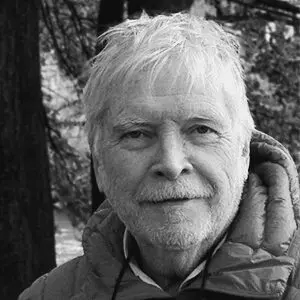
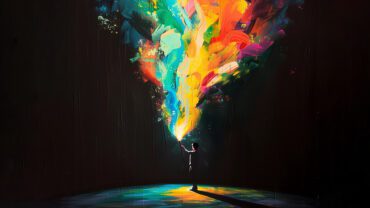

 14 Teachers
14 Teachers 


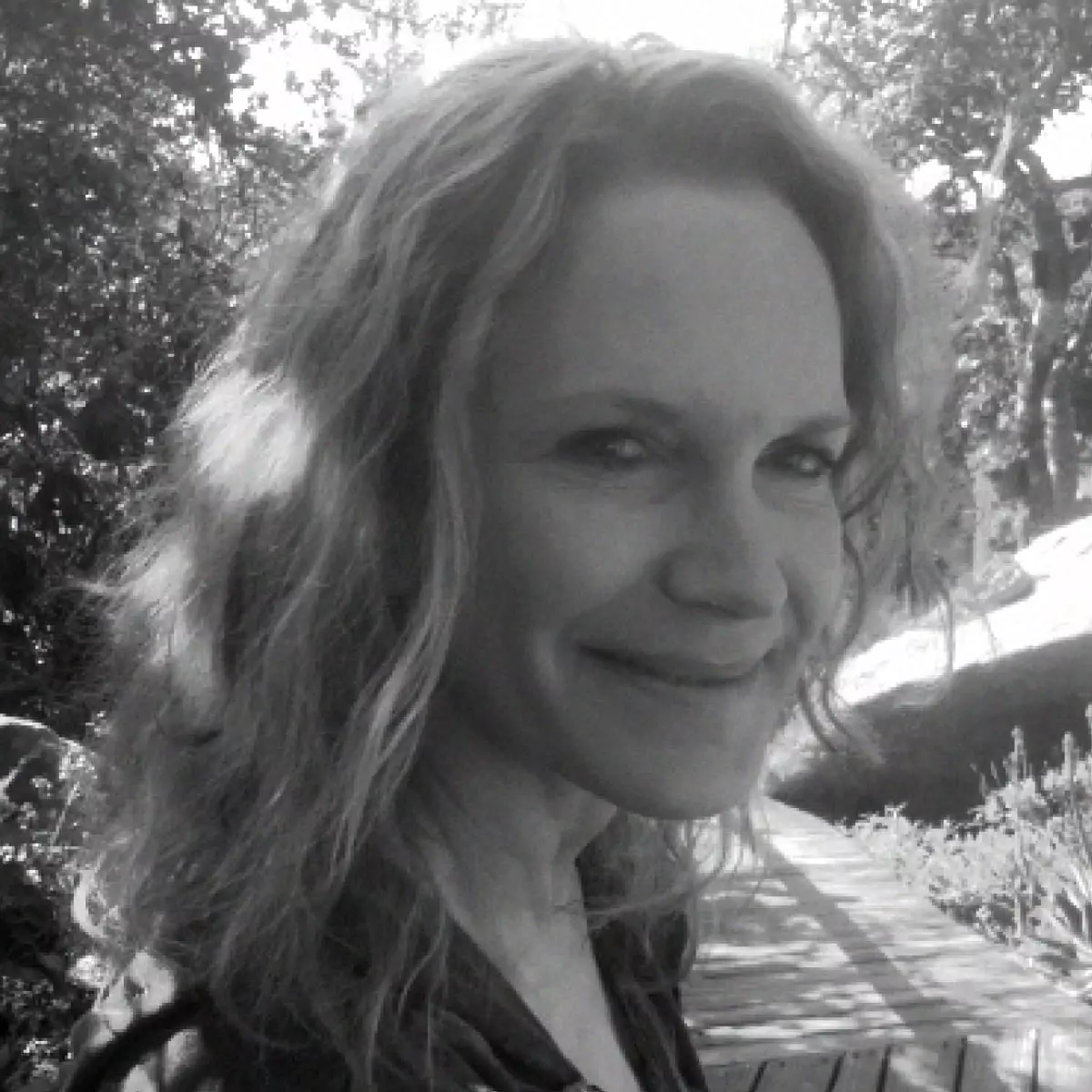 11 Teachers
11 Teachers 

 12 Teachers
12 Teachers 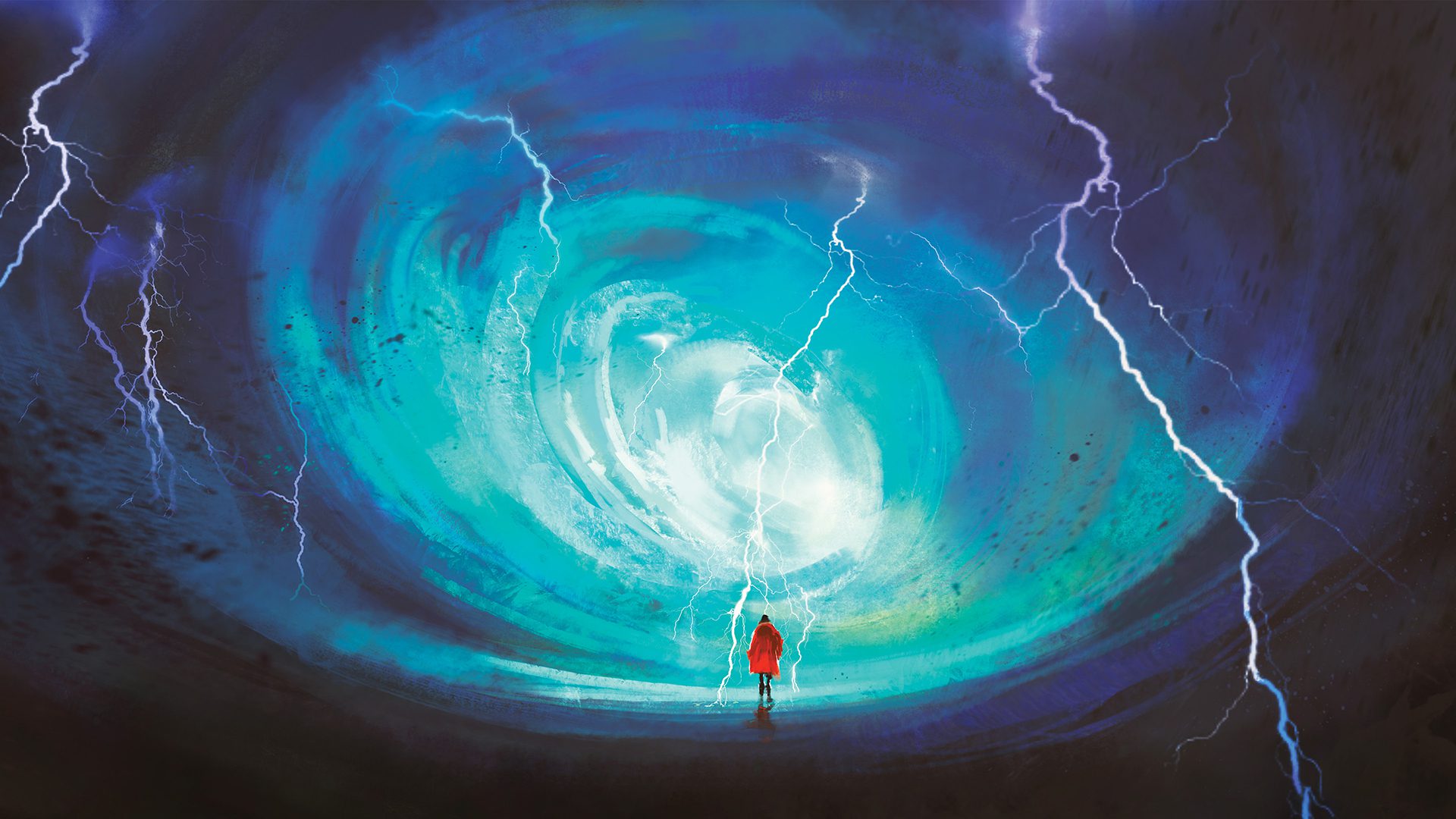
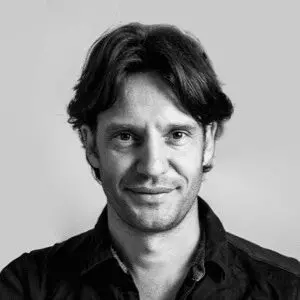 15 Teachers
15 Teachers 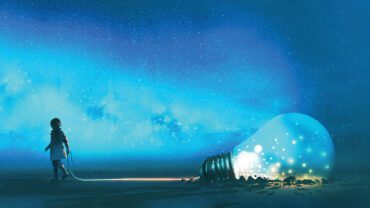


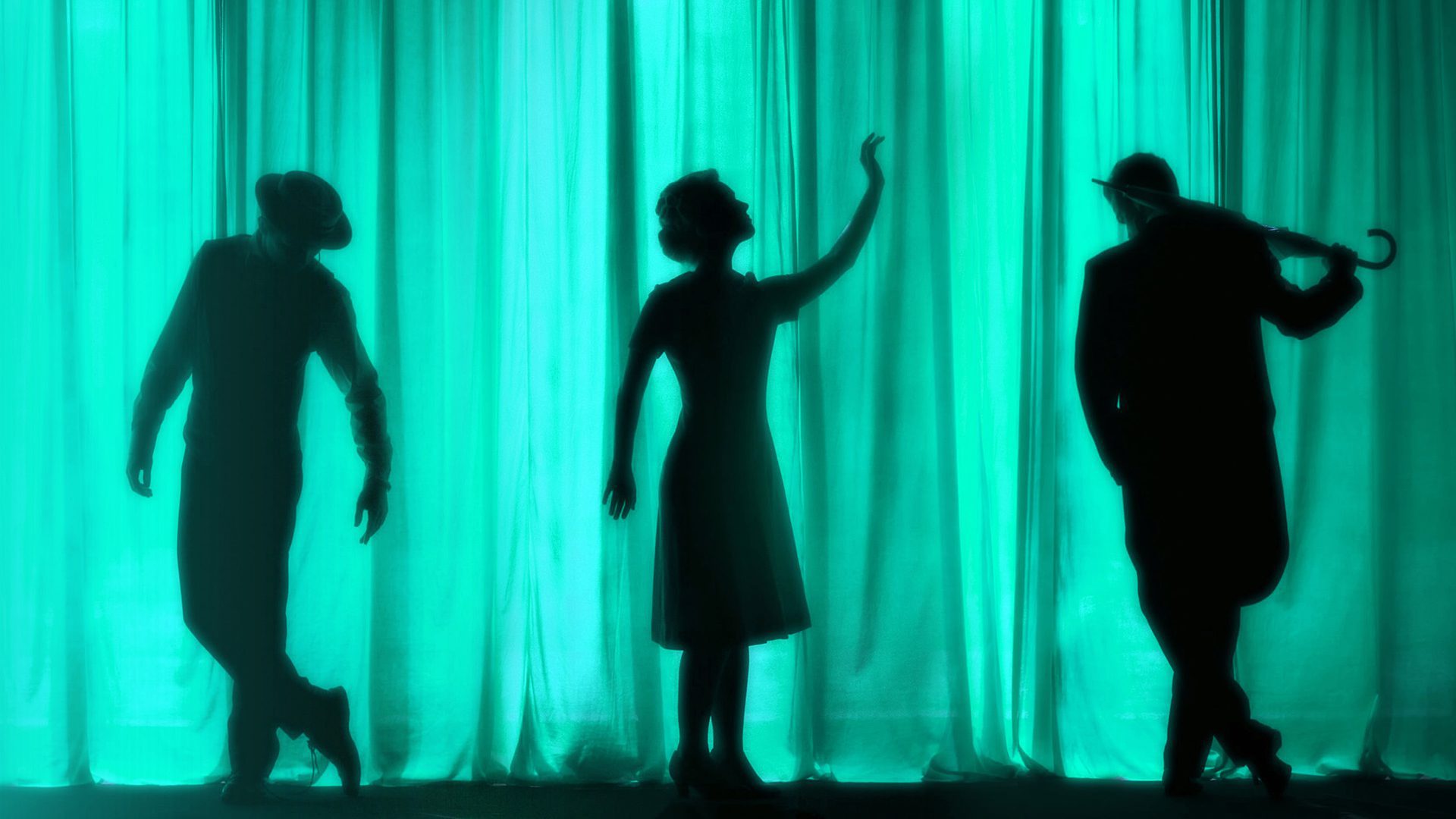

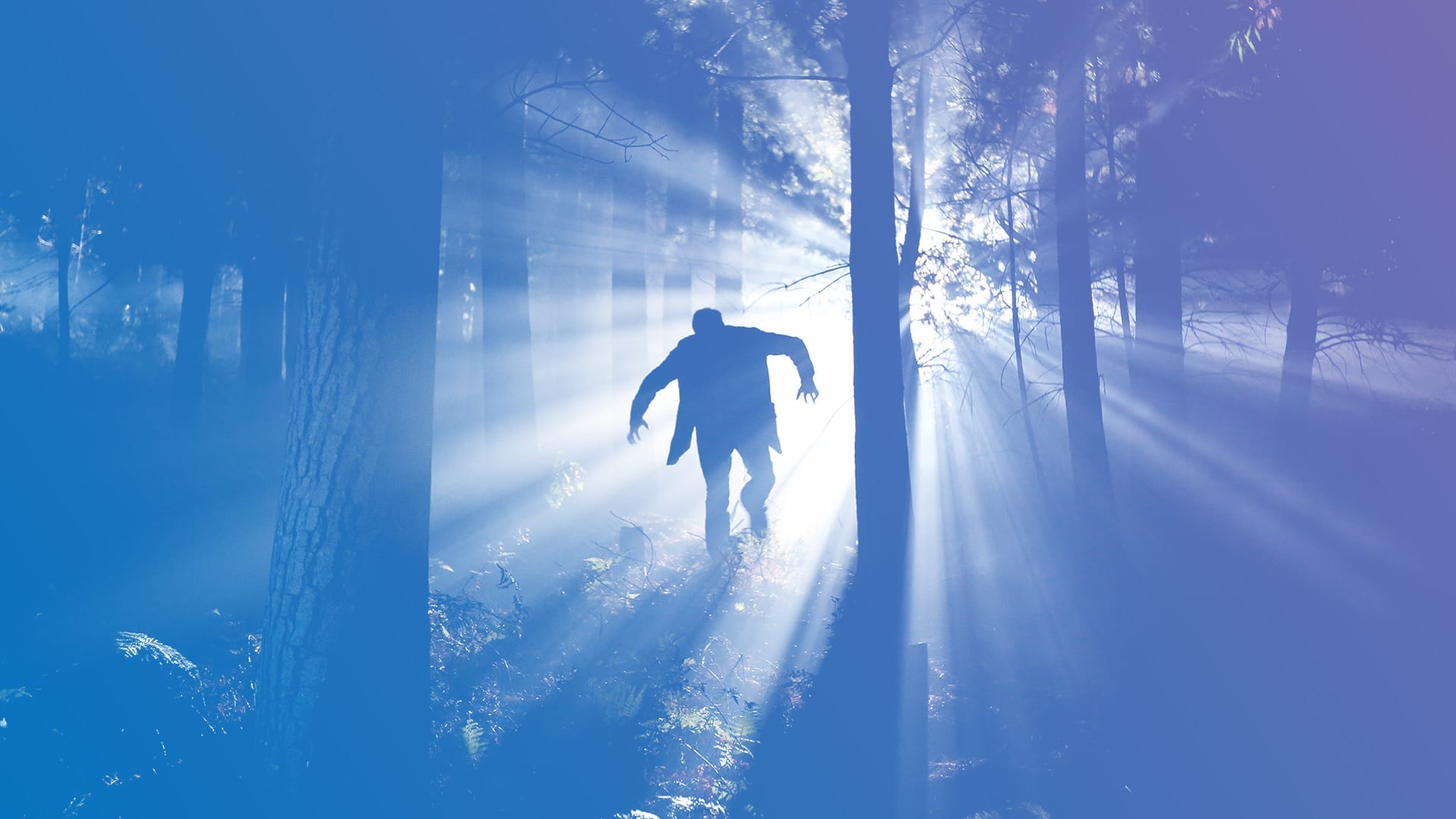
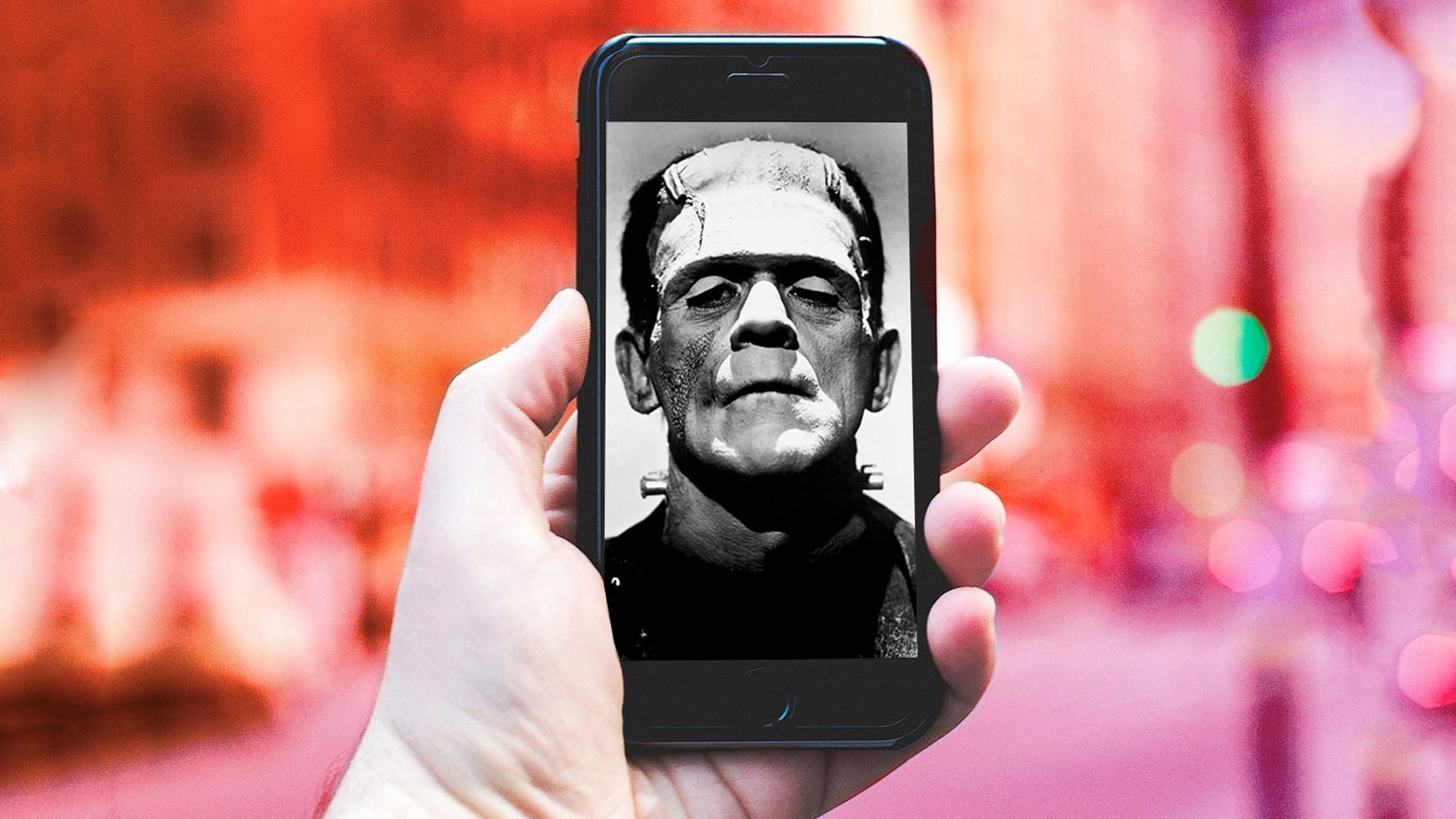
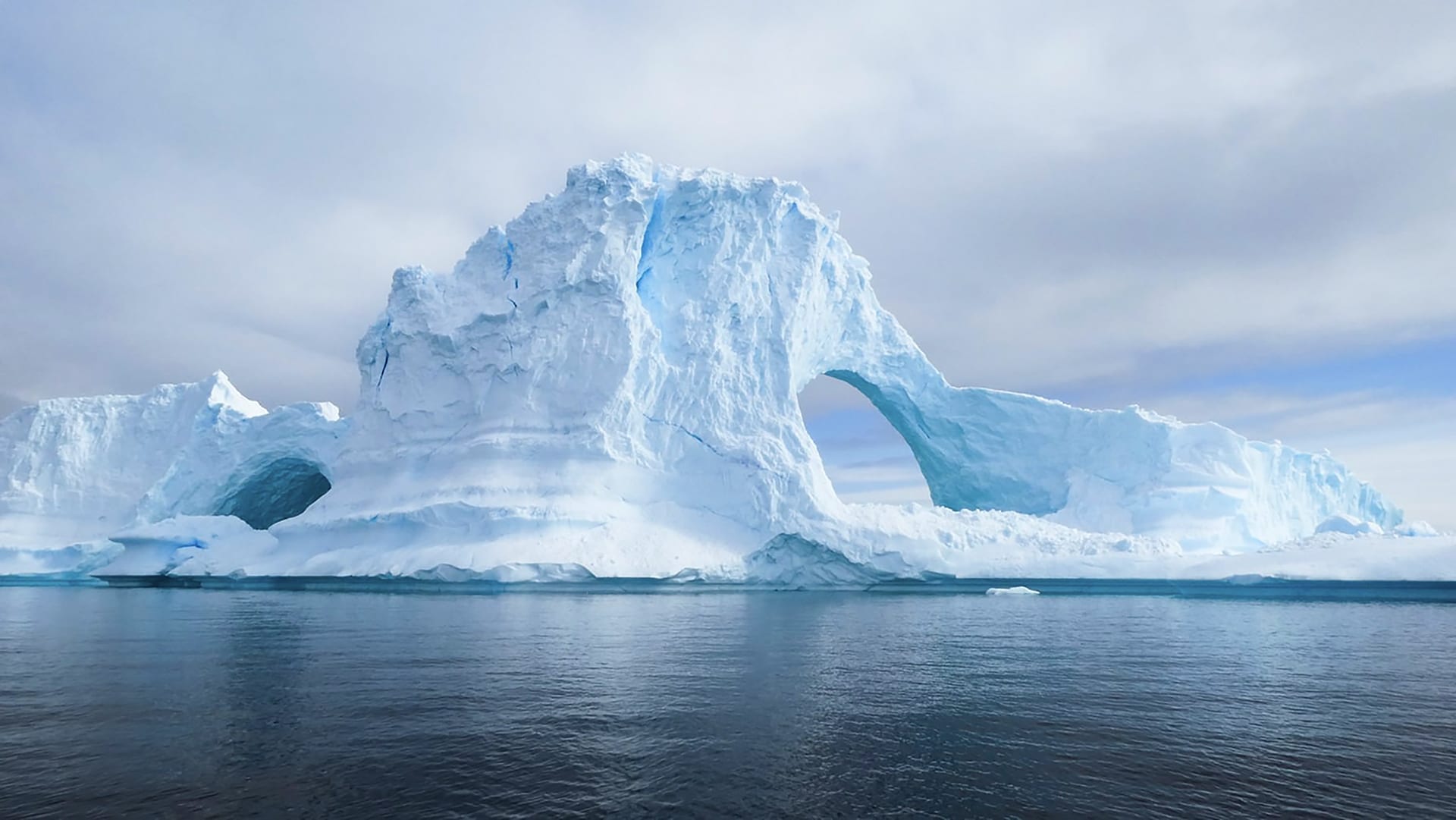
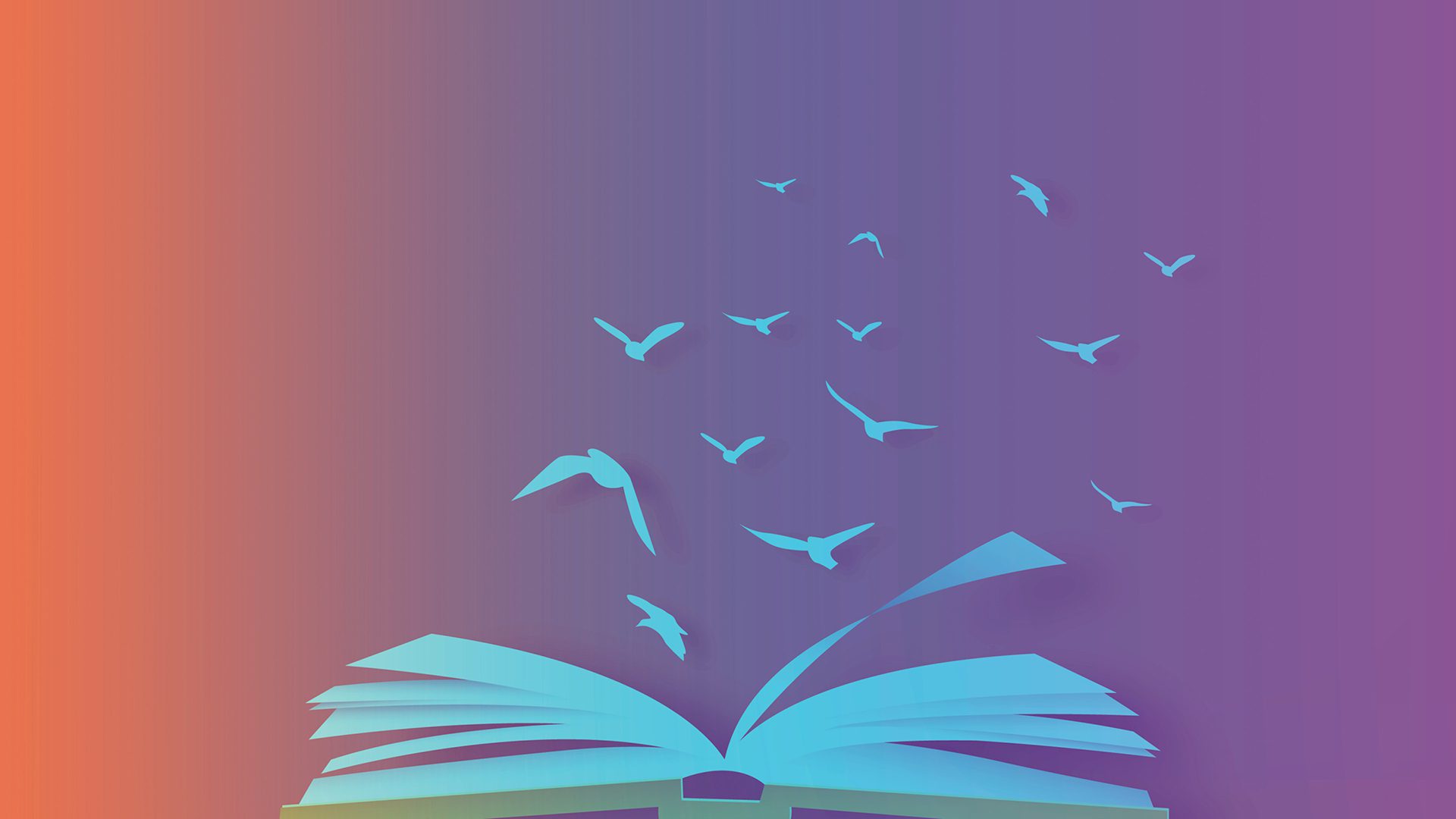

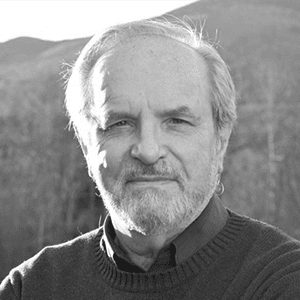 12 Teachers
12 Teachers